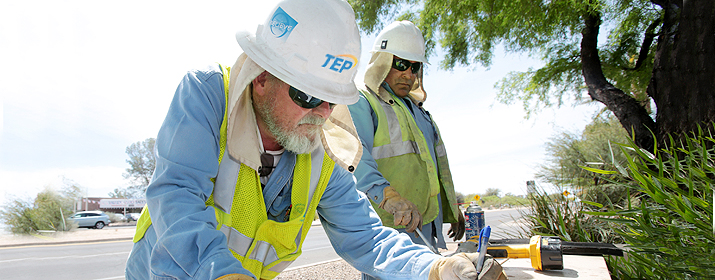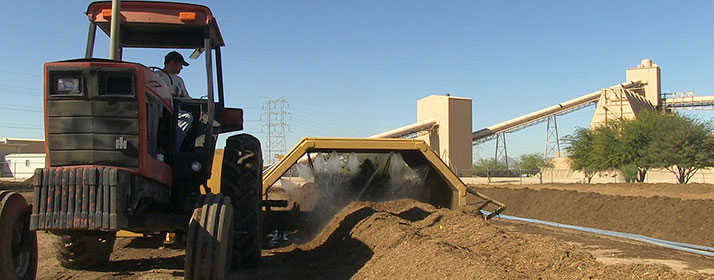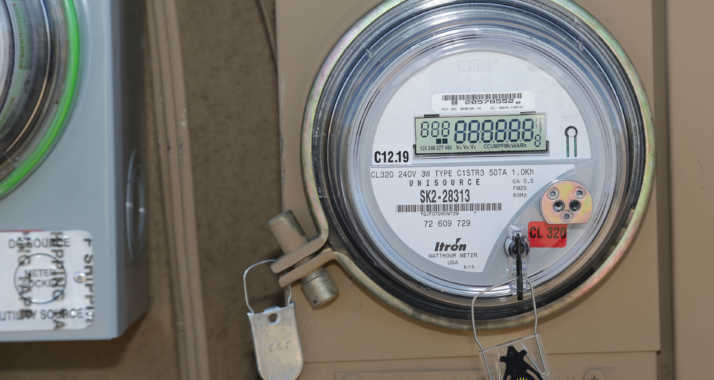

To maintain a reliable power grid, Tucson Electric Power conducts an ongoing Critical Circuit Patrol, using advanced data analysis to identify equipment most in need of proactive repairs.
In the last three years, we have patrolled, repaired or replaced more than 450 miles of TEP’s most critical power lines, replaced nearly 150 power poles and completed more than 200 other repair orders.
Annually, TEP spends more than $10 million on various preventive maintenance activities, including the Critical Circuit Patrol program.
Circuits are a combination of overhead and underground lines, from the power source to individual residential and commercial customers. TEP’s circuits typically are two to four miles long, each serving between 500 and 2,000 customers.
The process starts in TEP’s Distribution Engineering department, which ranks more than 400 circuits for priority repairs.
The ranking takes into consideration whether the repair would increase system-wide reliability and which lines serve critical, emergency-response or vital-community customers (such as hospitals, educational institutions and community centers).
“Strategic, proactive repairs keep our system running smoothly and reduce the number of power outages,” said Donovan Sandoval, TEP’s Supervisor of Distribution Planning Engineering.
The CCP crew – composed of TEP veterans who each have more than 30 years of experience in their field – examines the highest-ranked circuits. They work full time, year round, conducting thorough patrols on three to six circuits per year, on average.
The crew members check the poles and wires and test all connections along the line, looking for damage or loose parts. “They look at every piece of equipment in every place the circuit runs, down to the nuts, bolts and screws,” said Eileen Dickerson, a Transmission & Distribution Supervisor at TEP.
The crew members determine what repairs are needed. For more involved repairs, they contact Engineers or Field Technicians to determine how best to fix the problem.
“With CCP, we make targeted system improvements so we don’t have an emergency situation,” Dickerson said. “We take a lot of pride in what we do. We want to make sure our system is strong and reliable.”






